| Habit | Semi-deciduous tree |
|---|---|
| USDA Hardiness | 10-11 |
| Height | 5-15 meters |
| Growth rate | Fast |
| Shade | No shade, semi-shade |
| Edibility (0-5) | 3 |
| Other uses (0-5) | 2 |
Inga Bean
$ 24.00
The Inga Bean (Inga marginata), or Guabilla to its local fans, is a tree usually found lounging along riversides from Mexico to Argentina, this semi-deciduous superstar loves the wet life—whether in lowland rainforests, gallery forests, or anywhere with some soggy ground to keep its roots happy. It grows fast, up to 15 meters tall, with a quirky contorted trunk and a crown that stretches wide. It’s the life of the forest edge, thriving in disturbed areas and soaking up the sunshine while helping out its forest buddies by fixing atmospheric nitrogen.
But let’s talk fruit. Oh, the fruit! Wrapped in an edible pulp that’s the stuff of tropical snack dreams, Guabilla’s bean-like pods are a hit at local markets, where they’re plucked straight from the wild or grown by adoring cultivators. Whether you’re eating it fresh or enjoying its role in the local ecosystem, this tree knows how to please a crowd. And it’s not just about the fruit—Guabilla moonlights as a coffee plantation companion, spreading its shade over delicate coffee plants and restoring and stabilizing soil nutrients like the hardworking multitasker it is.
Despite all its fabulous qualities, the Guabilla isn’t entirely immune to trouble. Habitat loss from logging and agricultural expansion poses a potential threat to its riverside hangouts. While it’s not considered endangered, its nitrogen-fixing, fruit-giving, shade-spreading talents are attractive for ecosystem restoration projects.
Your tree will be planted by Forest Friends in the Cerrado region of Brazil, one of the world’s most biodiverse savannas.
Availability: In stock

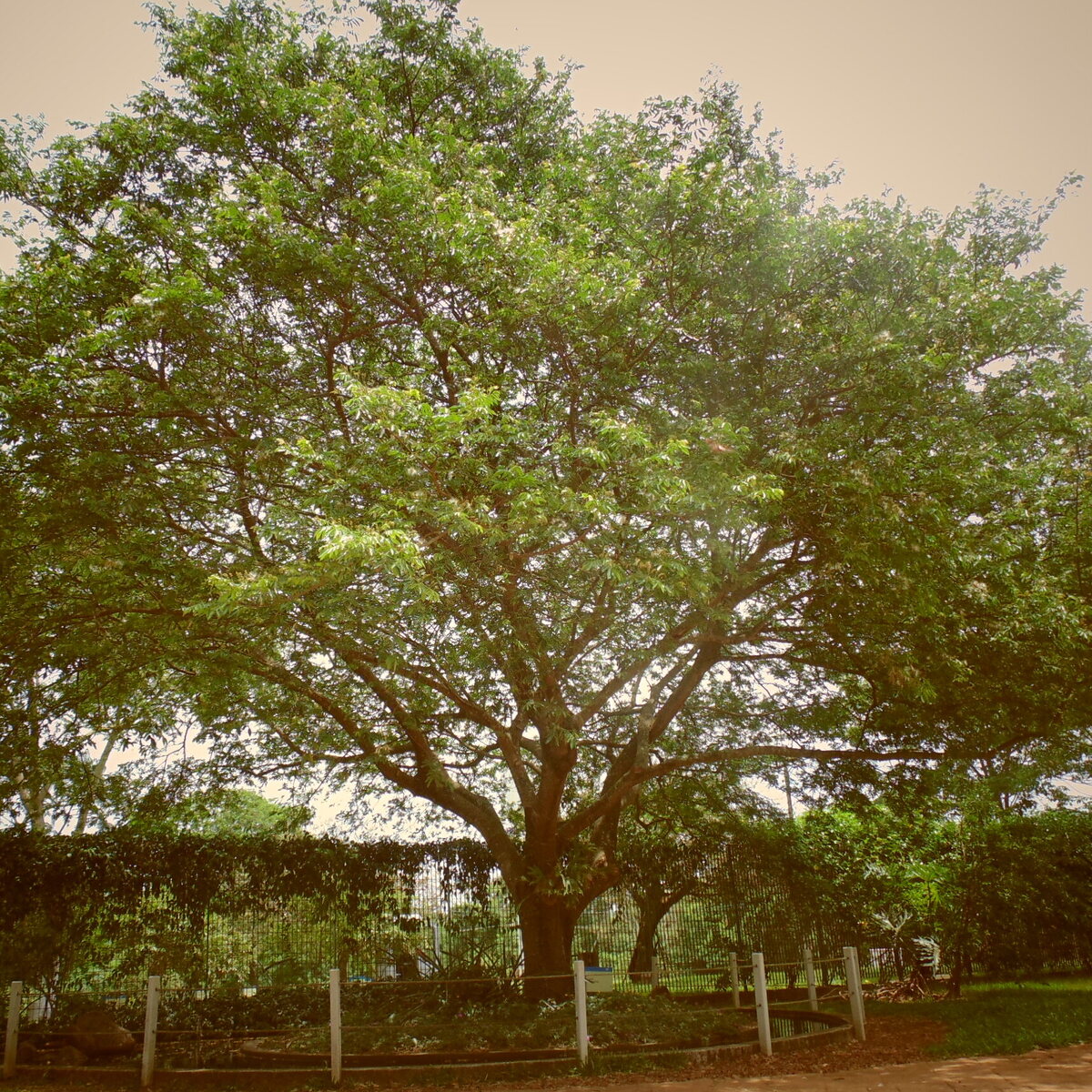
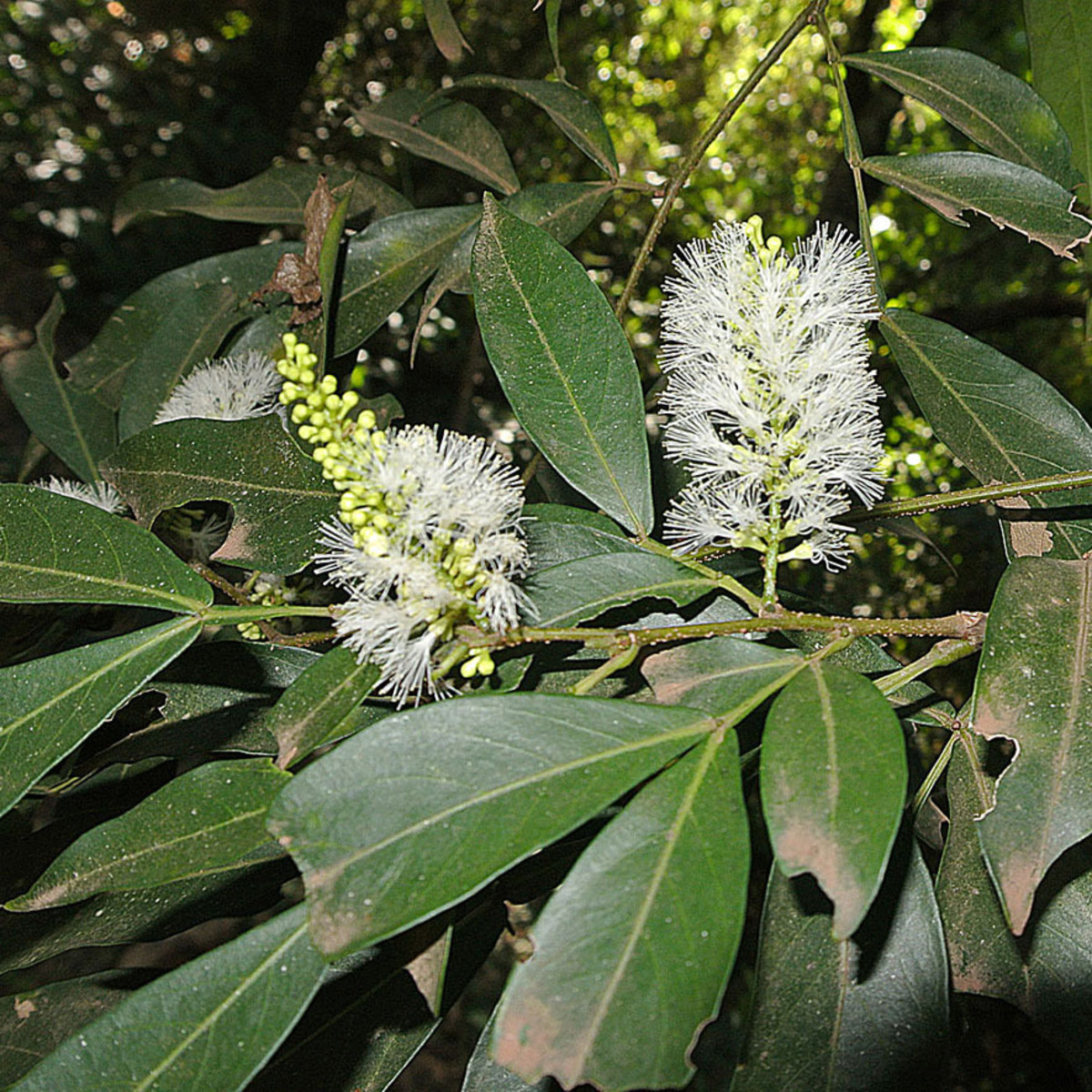
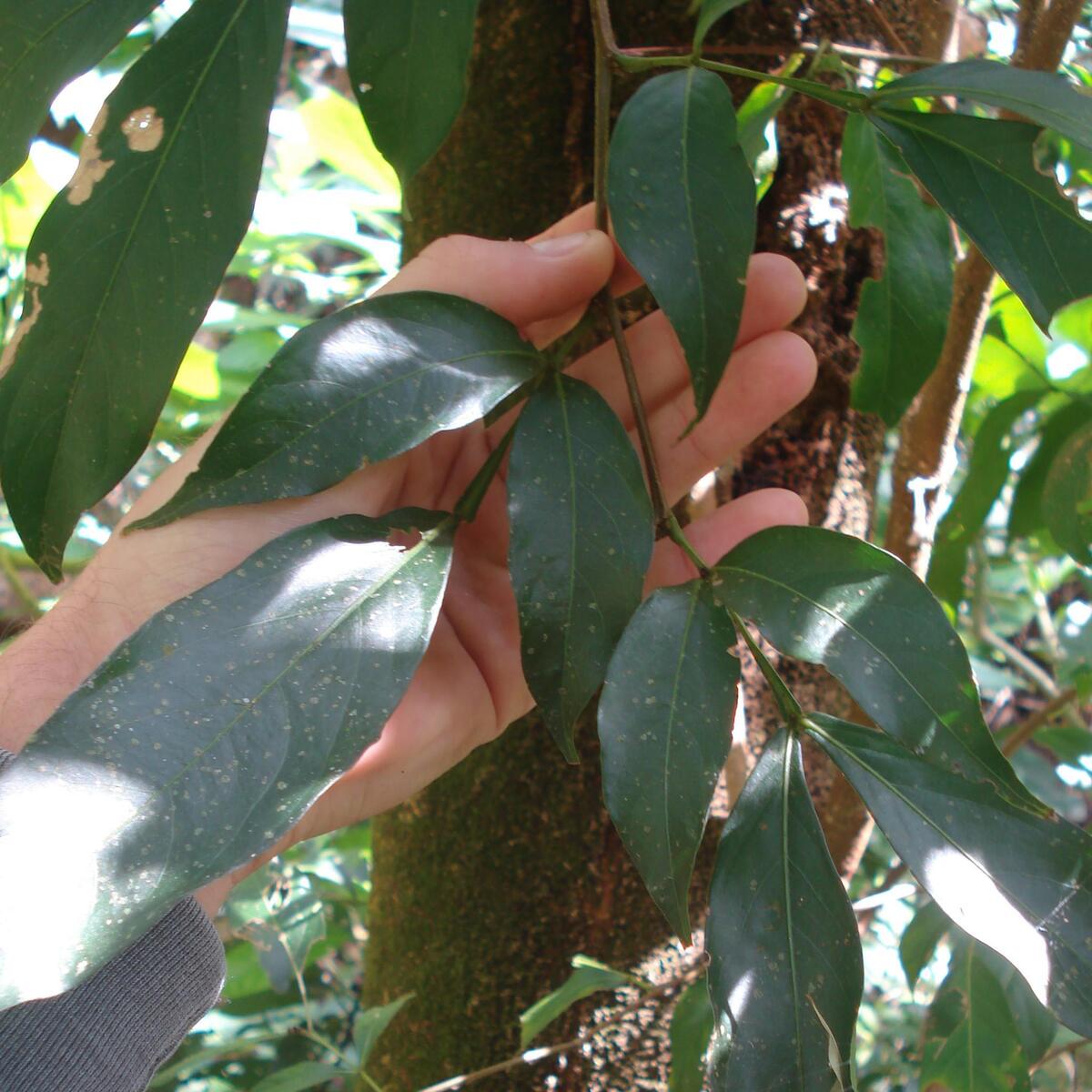
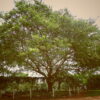
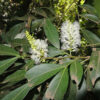
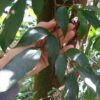
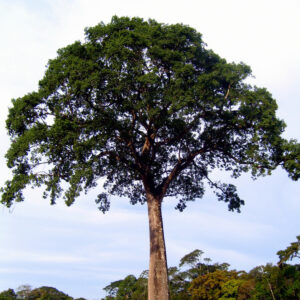
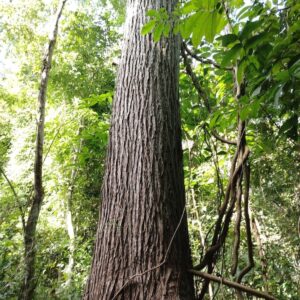
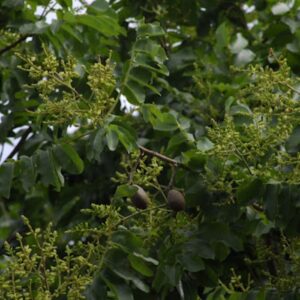




Reviews
There are no reviews yet.